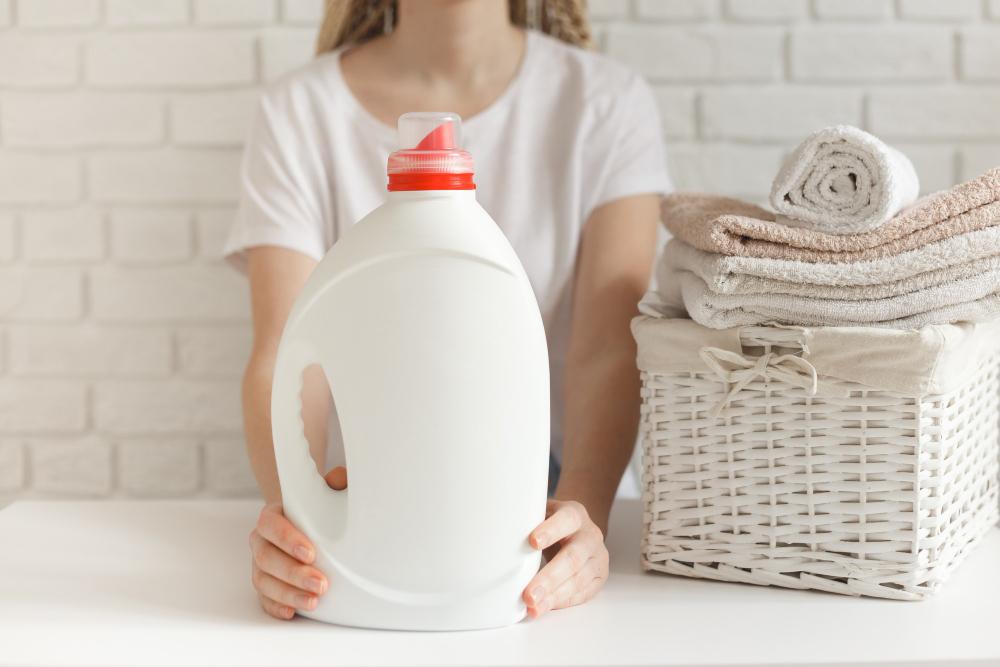
24
A lot of homeowners utilize fabric softeners to maintain the softness and freshness of their laundry. Nonetheless, if you have a septic system, you might question the safety of this popular laundry product. It's important to comprehend how fabric softener affects your septic system for its durability. Routine upkeep, such as septic tank pumping, septic tank cleaning, and inspections by a trustworthy septic company is crucial, however, refraining from using specific items like fabric softeners can help to avoid expensive problems.
Septic systems depend on a fragile balance of bacteria to decompose waste in the tank. This procedure guarantees that only liquid waste enters the drain field, with solids staying in the tank until they are eliminated during septic tank pumping. Any item that interrupts this bacteria activity has the potential to damage the system, potentially resulting in issues that may need septic tank repair.
Fabric softeners frequently contain chemicals that are not biodegradable and can build up in your tank. Over a period of time, this accumulation can diminish the effectiveness of the system and require septic tank pumping more often.
The substances and artificial scents in fabric softeners may cause damage to the helpful bacteria in the container. If these bacteria are absent, the breakdown of waste will be slower, leading to higher chances of blockages and an increased requirement for septic tank maintenance or repairs.
Remnants from fabric softeners can make their way into the drainage area, forming a waxy blockage that hinders the absorption of liquid waste. This might result in costly repairs or, in extreme situations, necessitate a new septic tank installation.
Regular maintenance is crucial even when using septic-safe products with care. Arrange septic tank pumping every three to five years, or more often for larger households. Regular septic tank maintenance can eliminate sludge buildup and avoid blockages, and routine inspections can detect potential issues early on for possible septic tank repair. If your septic system is aging or has been damaged, it is advisable to seek advice from professionals at Charlotte Septic Pros regarding a new septic tank installation for better performance and dependability.
Although septic tank cleaning helps, switching to septic-safe alternatives is the most effective way to safeguard your system. Seek advice from a professional septic company for peace of mind about your system's maintenance. Making educated decisions can help prolong the life of your septic system and prevent expensive repairs or installations.
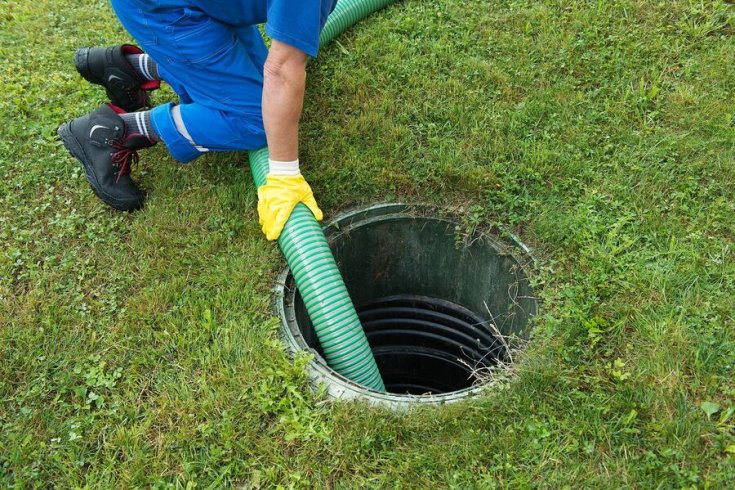
18
Reliable and Affordable Septic Services A properly functioning septic system is essential for any home or business that relies on…
Read more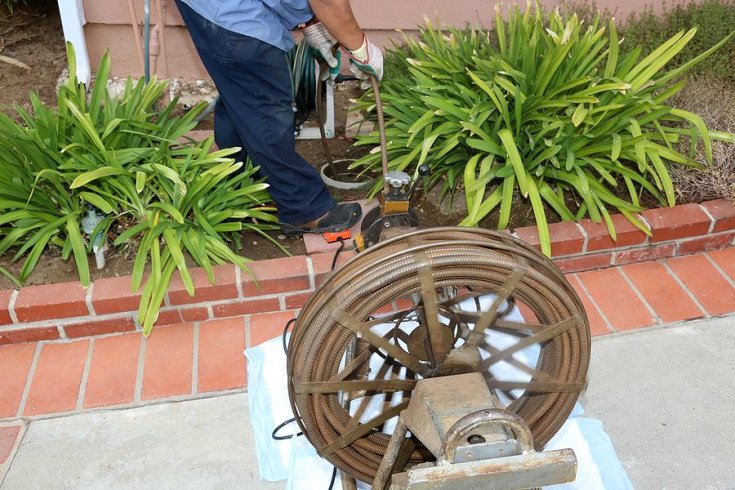
09
Signs and Solutions for a Failing Drain Field Your septic system plays a critical role in managing household wastewater, and…
Read more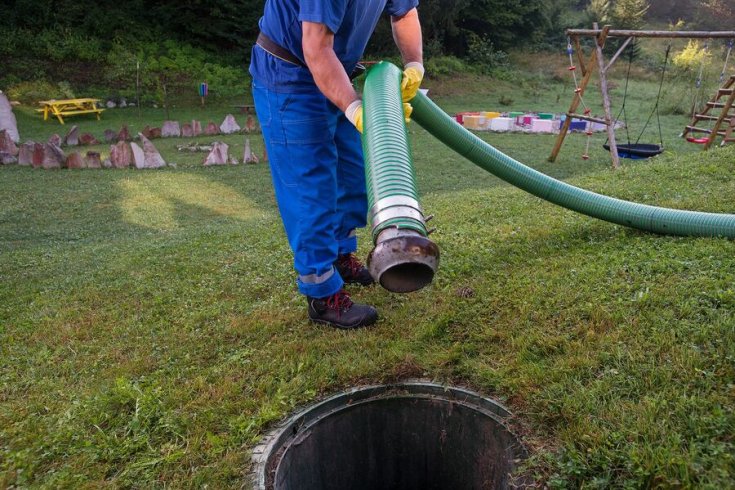
03
A Newbie’s Guide to Septic Pumping If you’re new to homeownership and have a septic system, you might be wondering…
Read more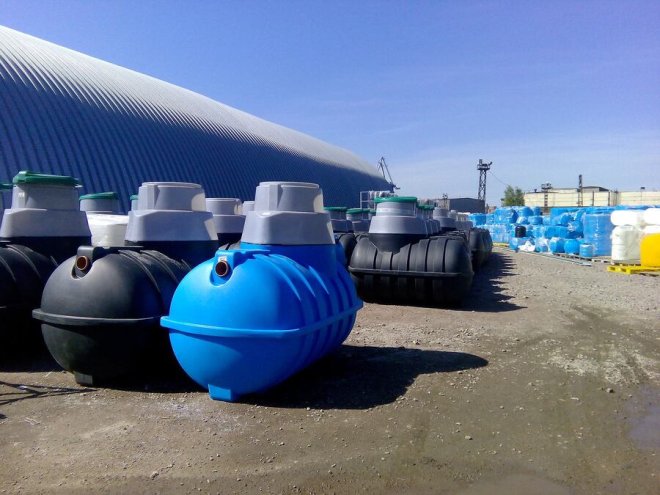
28
How to Prepare for Septic System Installation Installing a septic system is a major investment for any property that lacks…
Read more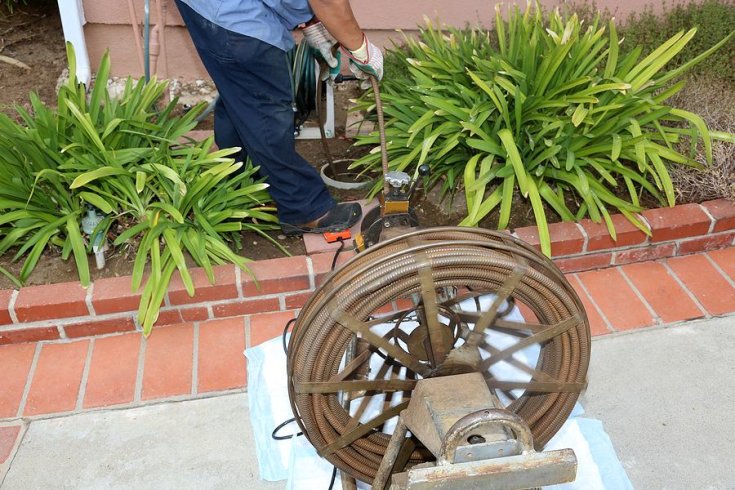
20
How Main Drain Cleaning Can Prevent Sewer Backups Sewer backups are one of the most unpleasant plumbing emergencies homeowners can…
Read more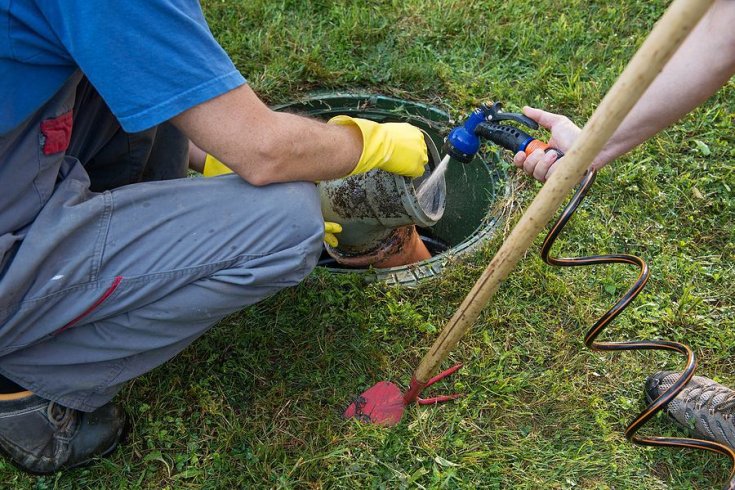
13
What to Do When You Have Drainage Problems Drainage problems can be frustrating and cause serious damage if left untreated.…
Read more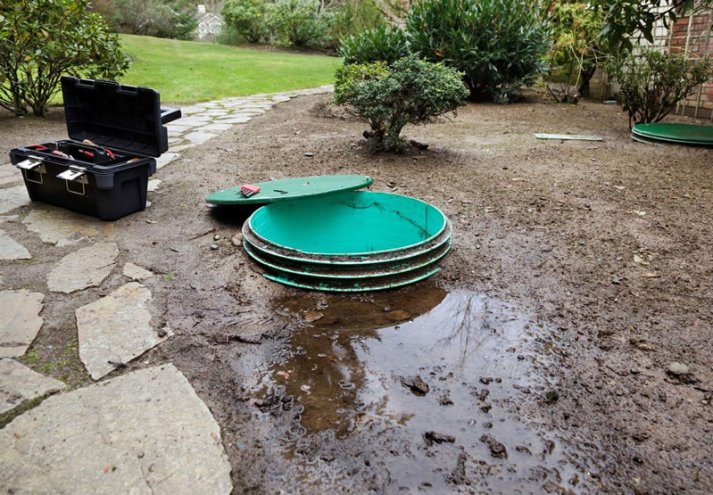
04
Signs and Causes of Septic Leaks A leaking septic system can pose serious health and environmental risks. If left untreated,…
Read more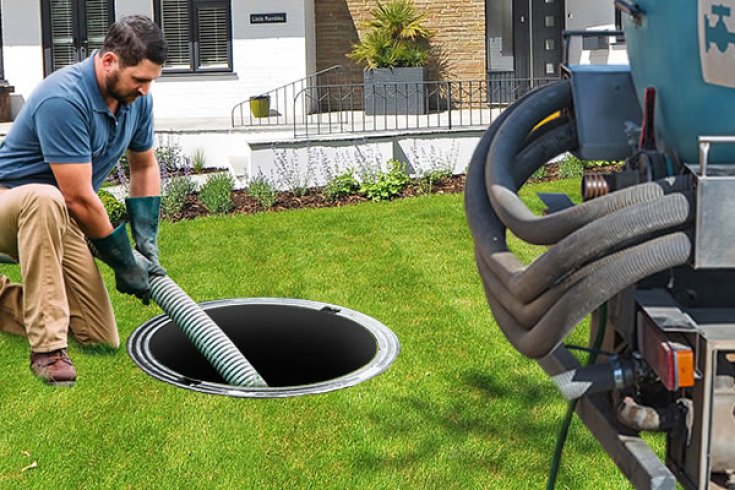
02
Unusual Septic Tank Blockages: Keeping Your Septic System Healthy A properly functioning septic system is crucial for any home or…
Read more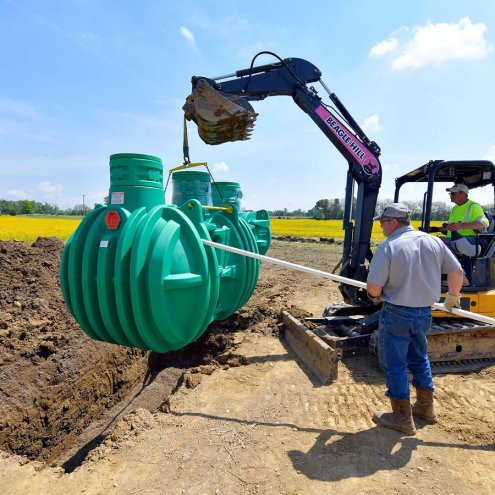
23
Seasonal Weather and Septic Systems Tank Your septic system plays a vital role in managing household wastewater, but seasonal weather…
Read more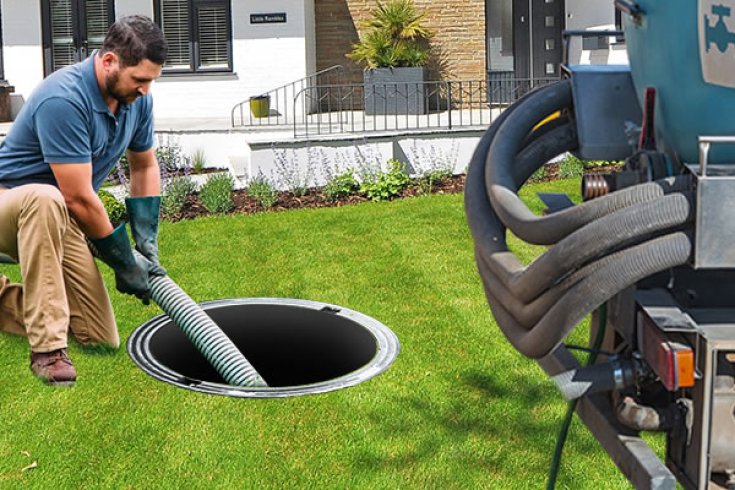
15
Why Toilet Paper Matters to Your Septic Tank Many homeowners don’t give much thought to their toilet paper—until it starts…
Read more